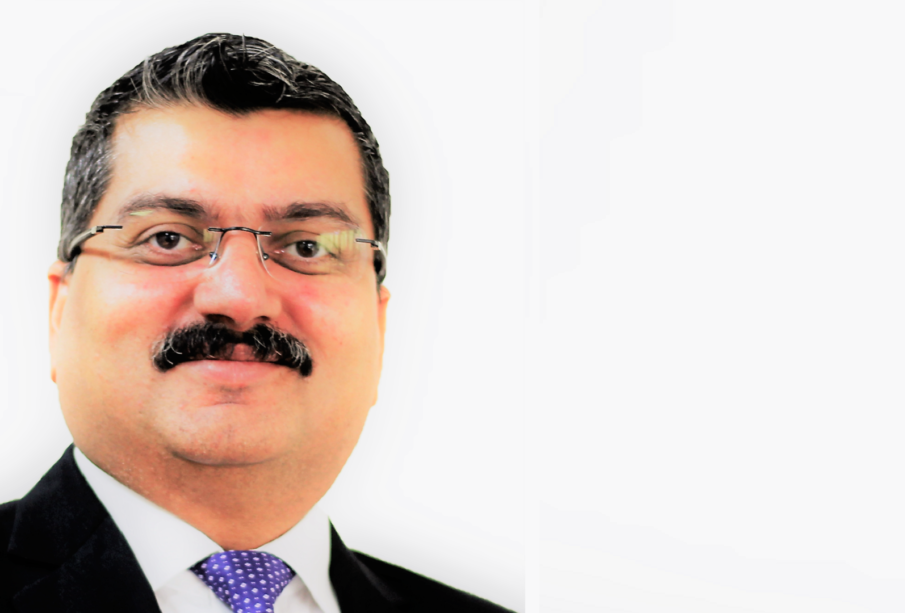On the transformation path

Aditya Kaushik, Director of Information Communication Technology, Zakher Marine International
Aditya Kaushik, Director of Information Communication Technology (ICT Head) at Zakher Marine International discusses IT transformation priorities and key trends
What do you see as key priorities this year in terms of IT investments? Which are some key areas likely to occupy your focus and what kind of solutions will you be looking at?
In terms of IT Investments, the progression of digital transformation would continue across the industry. The momentum of cloud computing to reduce fixed costs, SaaS based applications for greater agility, machine learning for process efficiencies, and IoT for edge device analytics would continue. Cybersecurity investments would also be crucial as we scale into these new technologies. In addition to progressing the transformation across key business areas, an additional area of focus for the Marine/Energy industry will be decarbonization, so we would be looking for solutions that help us to monitor, reduce and manage this. The overarching utilization of green solutions across our operations supported by the right technology for analytics would be crucial for us in the coming years.
Have the recent IT investments and the digital acceleration so far paid off for the company’s growth and streamlining of operations?
The IT investments so far have played a significant role in streamlining many areas of our operations. Adopting key technologies and systems has allowed us to achieve greater efficiency, better Operational control, and transparency across our business. While there are still many areas that need to be automated, the investments have helped to enhance the adoption culture and even create greater participation in digital acceleration.
With AI gaining traction across possible deployment scenarios, how do you see the potential in your industry in terms of use cases?
Artificial Intelligence (AI) has the potential to be applied across a wide range of industries and use cases. Across the board, this technology significantly disrupts some of the business processes by replacing not just the routine / mundane roles through this technology but also decision-insights-based actions that will greatly reduce human effort. Some industries such as retail, banking, and healthcare are finding greater adoption of this technology, which is being rapidly deployed. However, in the Marine, Logistics, and Energy sector too, there are specific business cases within operational areas such as predictive equipment failure, energy consumption, and improving quality control. Overall, we would see increased investment and focus on AI as business models transform to achieve improved efficiency and reduced costs.
Do you see continuous IT skilling as a requirement and challenge for IT teams?
IT skilling will continue to be an ongoing challenge as businesses adopt new technology which needs to be aligned with skill sets that can effectively manage these new IT landscapes. This process is rapidly changing, and businesses need to balance the key resources for current systems with the resources required to manage the new technology being deployed. While some may adopt to re-train the existing resources, the speed of adoption of new technology is fast outpaced by the ability to exist resources to upskill themselves, creating a gap in efficiently managing this with existing resources. The need for continuous upskilling has always been a key requirement within the IT industry across all levels and this is now becoming more relevant today. A support culture for providing training opportunities and a roadmap of how resources align with the Transformation is crucial to achieving a successful Digital Transformation for any organization.
















